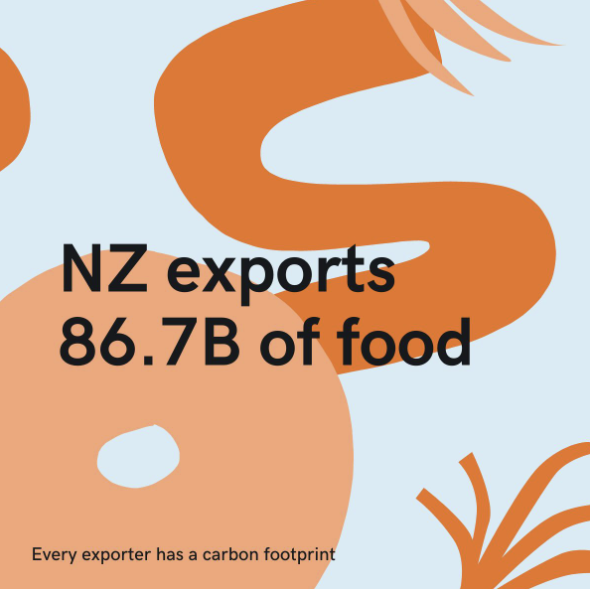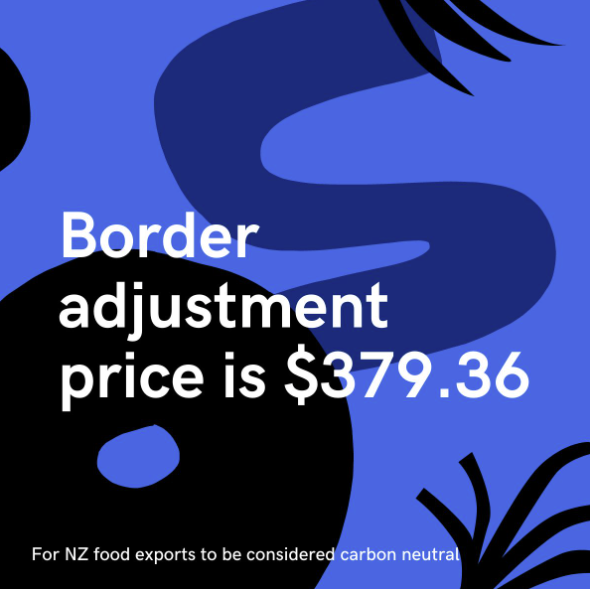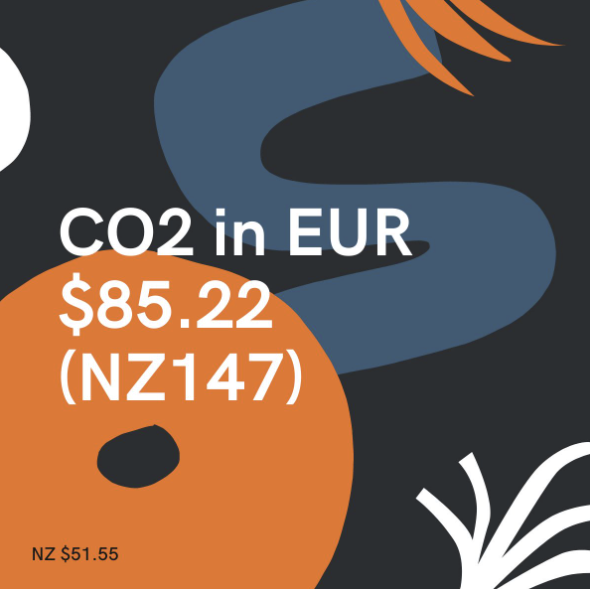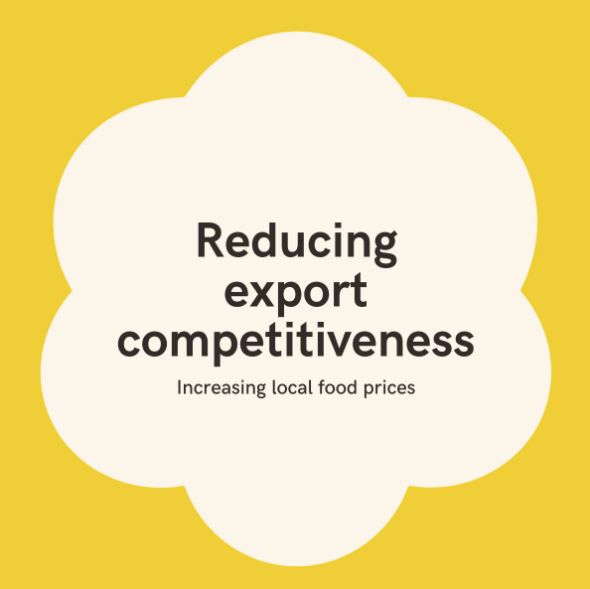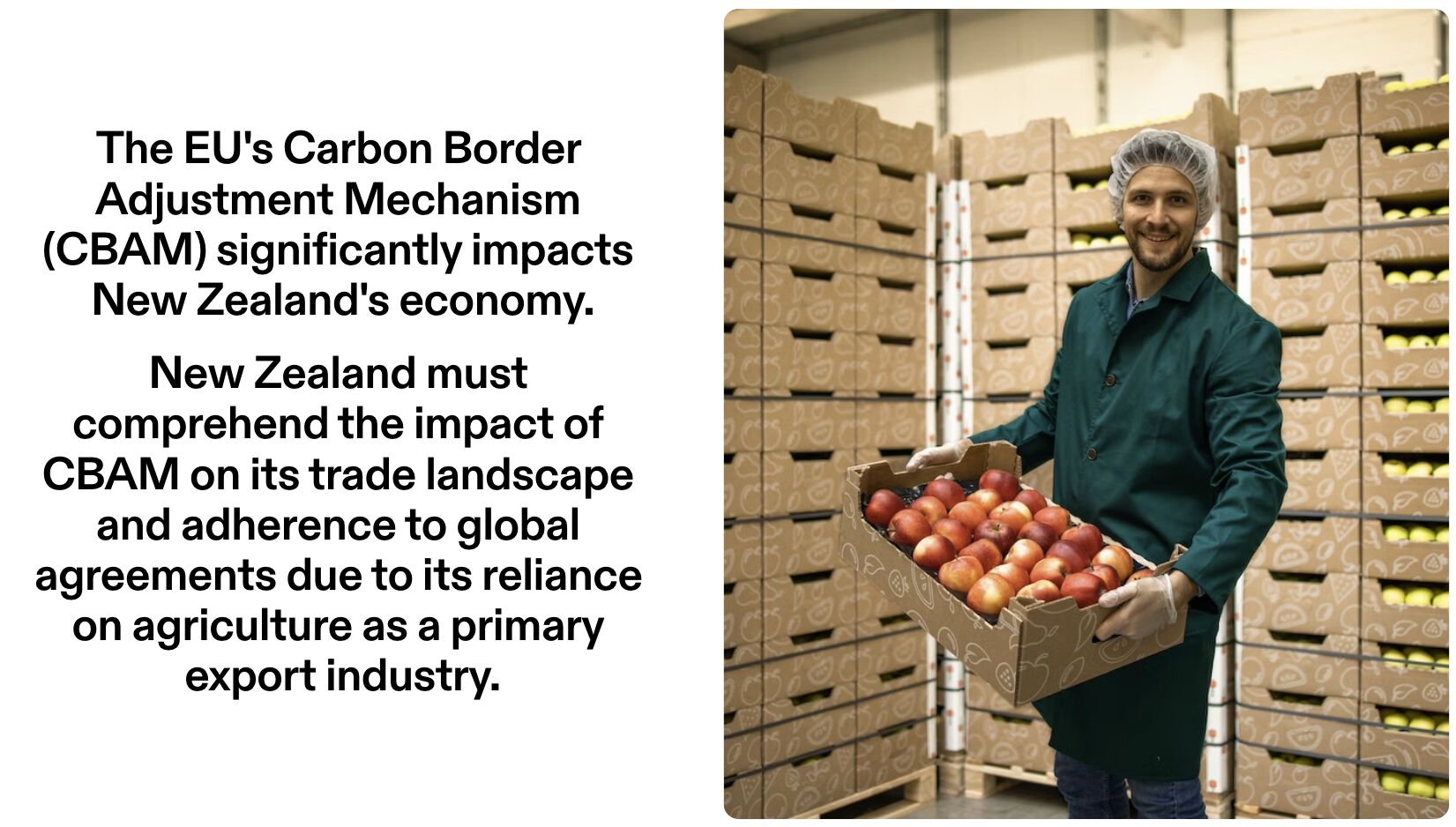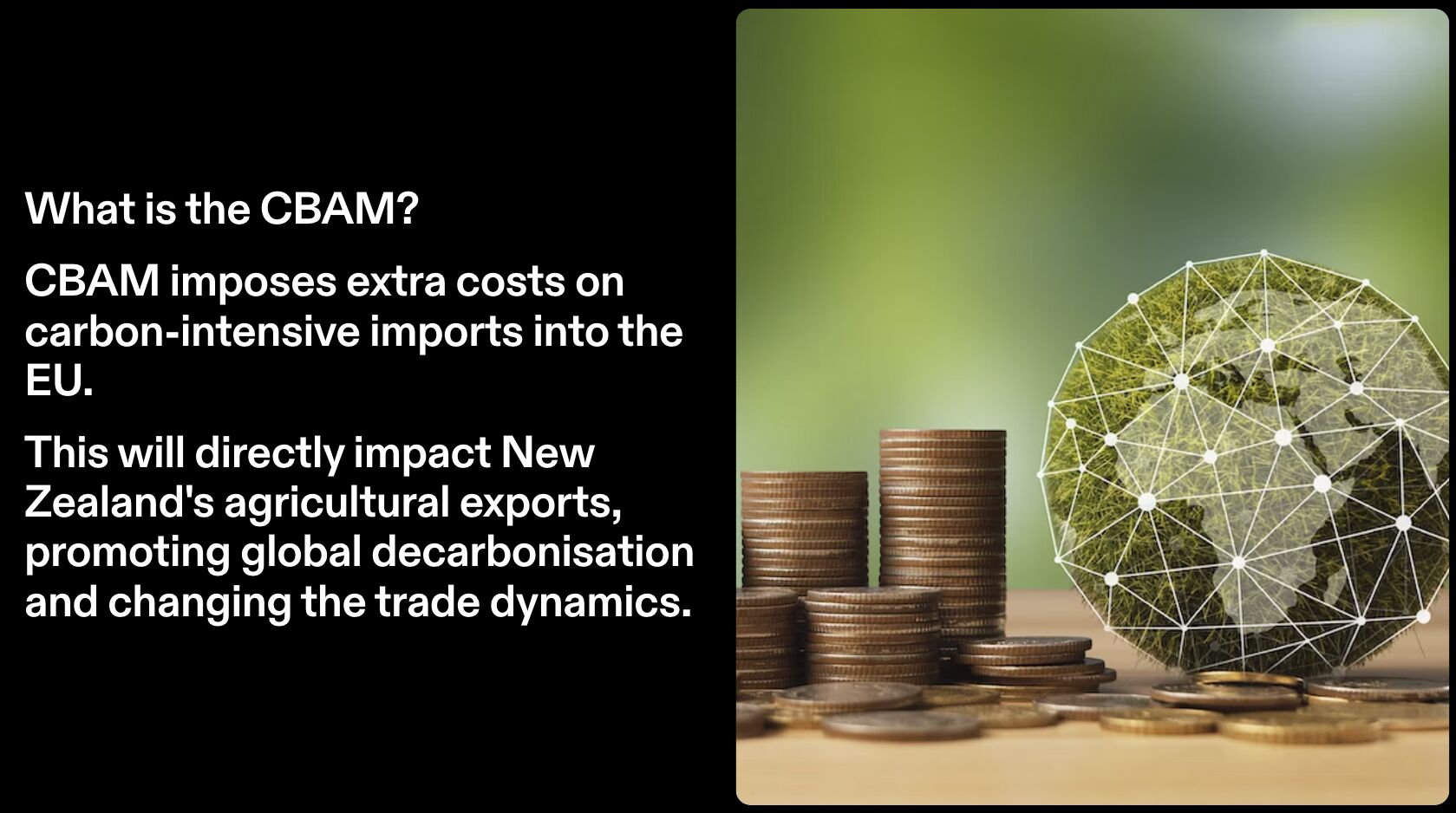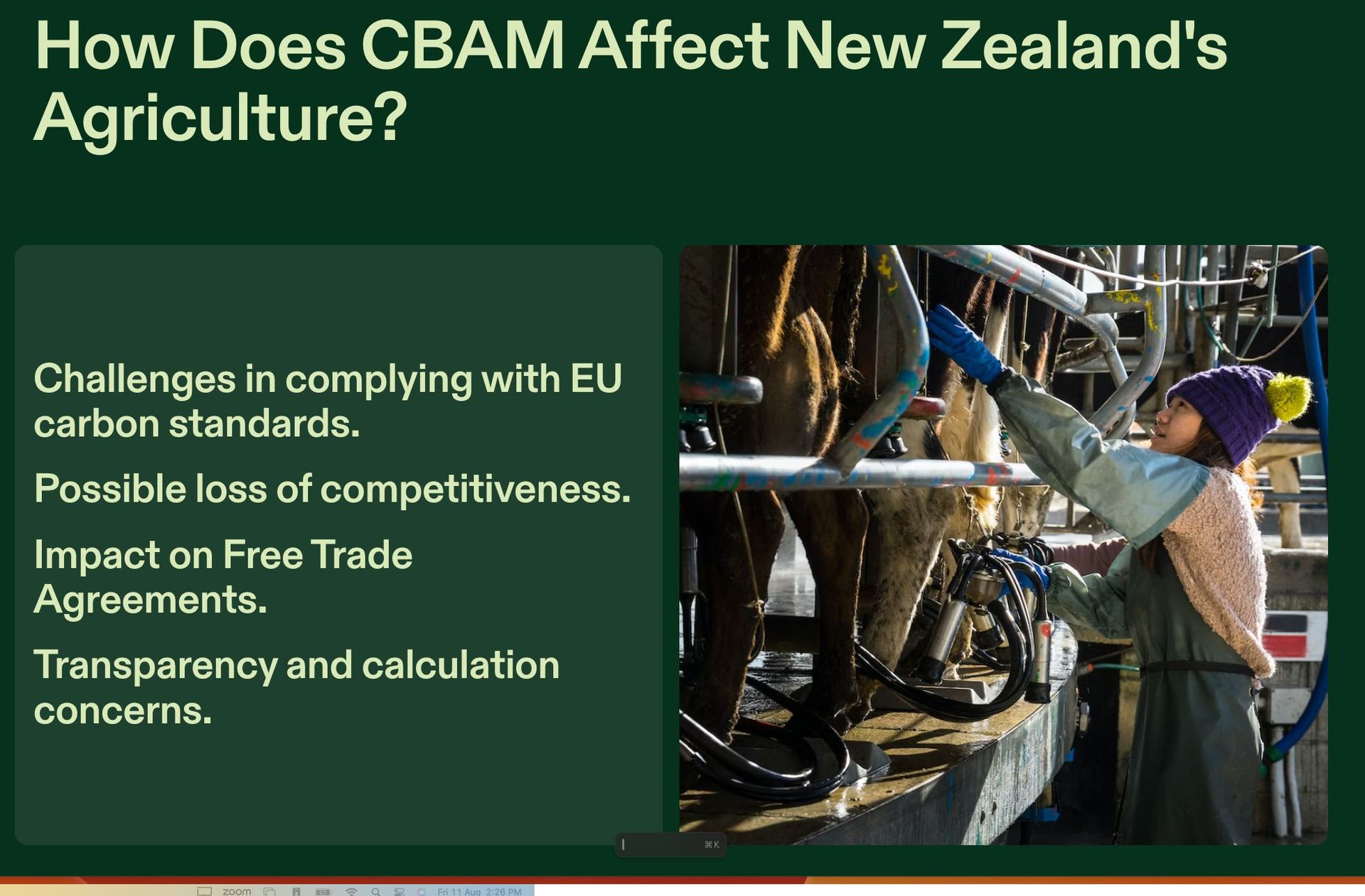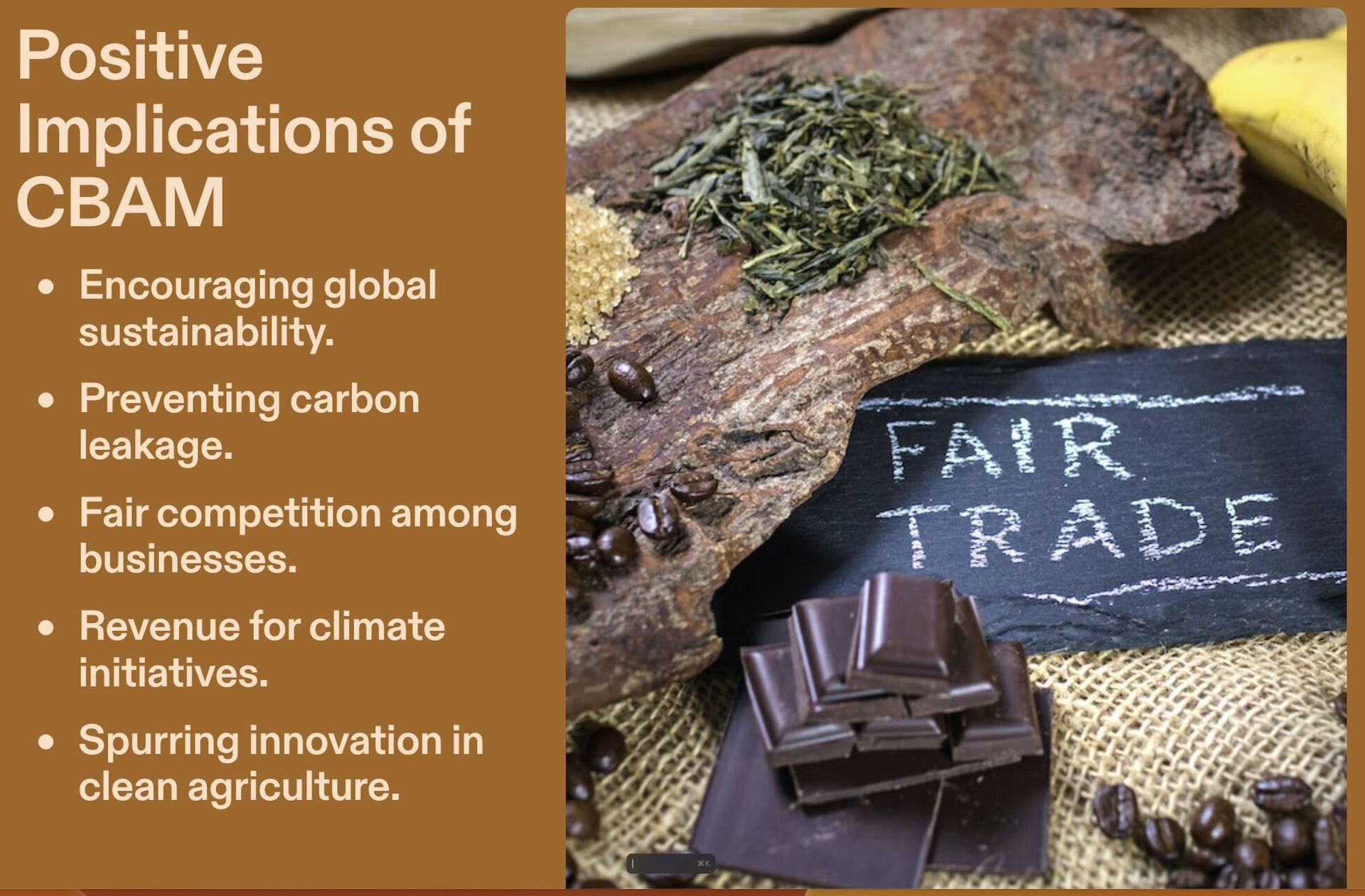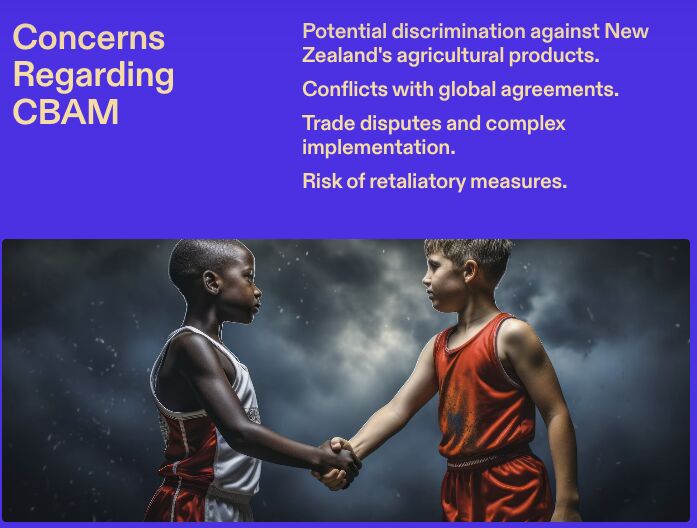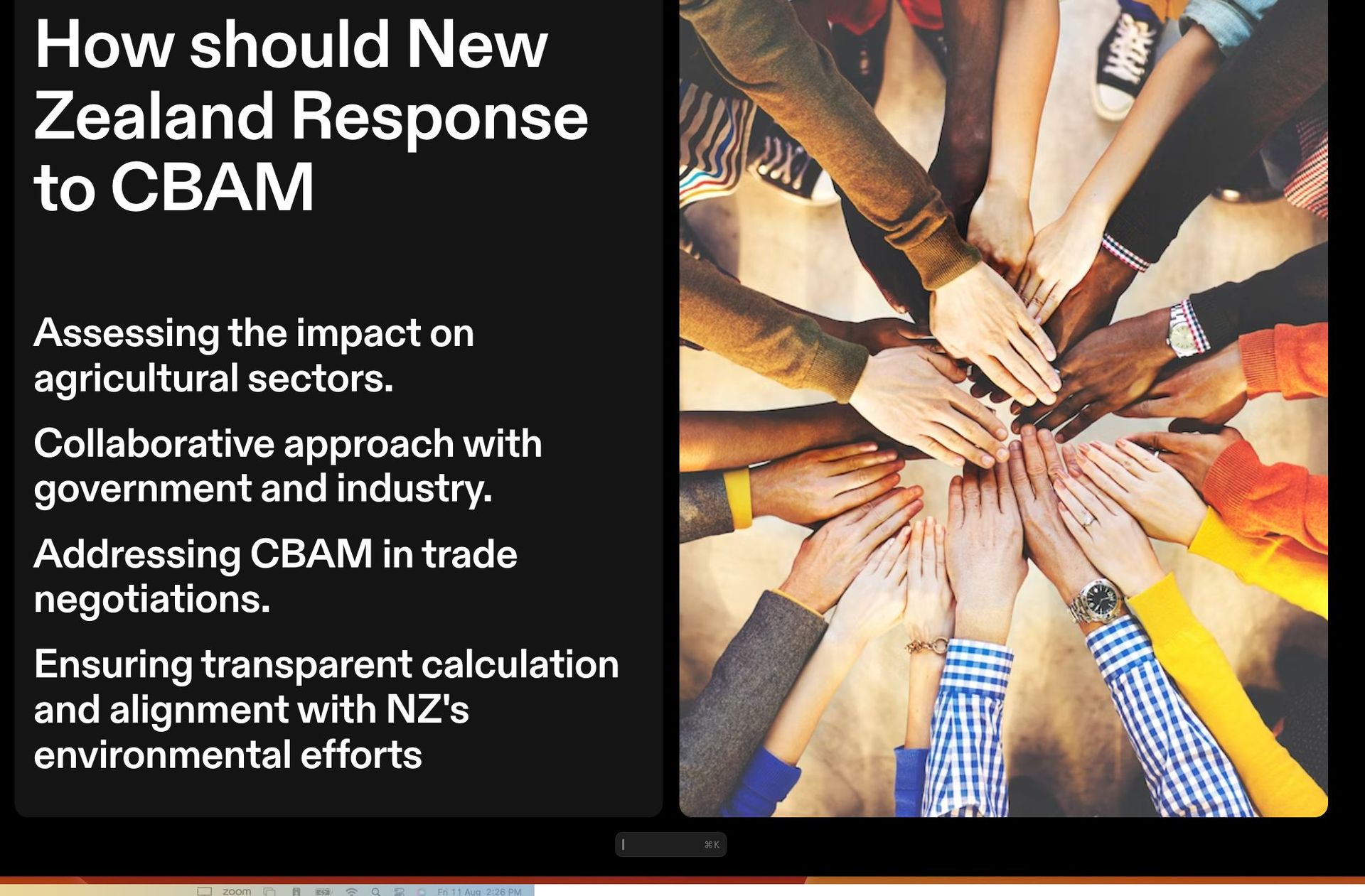Have you ever bought a ticket to watch a movie, only to be told as you sat down that you need to buy another one for the same show from the producer at a Hollywood studio in Los Angeles? If this were to occur, you would likely feel frustrated that you've been subjected to an unfair and burdensome double charge.
Yet that is one of the potential implications of international carbon neutral standards.
Suppose the newly proposed global standards fail to recognise NZ's carbon-neutral standards. In that case, our exporters face levies, calculated proportionally to the extent that those new standards judge their goods and services as carbon neutral through voluntary emissions.
The outcome could impact New Zealand exporters seeking to sell carbon-neutral goods and services in international markets.
So why does this matter?
Every company certified through Toitū and the Carbon Neutral Government Programme will move to this finalised International Organisation for Standards (ISO) 14068, also known as the Carbon Neutrality specification.
This standard could assist NZ's exports, especially our food sector, worth $86.7 billion in 2022 if we include voluntary emissions.
UK consumers are demanding carbon footprint information from their retailers. More recently, food producers are being asked to deliver their products as carbon neutral.
The main challenge lies in determining whether a certified carbon-neutral claim from New Zealand will be acknowledged at international borders and whether New Zealand producers will be exempted from the proposed "tax."
However, the EU carbon price is significantly higher than New Zealand's. In the EU, carbon is €85.22 ($147), while in New Zealand, the current spot price is 51.55 NZD.
The situation is complicated because NZ agriculture is currently excluded from the Emissions Trading Scheme (ETS) and participates in the NZ ETS receive up to a 'Free Allocation', meaning producers are provided with a 90% discount on carbon prices. This discount differs from the UK, where there is a 65% discount.
When considering all these factors, for NZ products to compete on an equal footing on supermarket shelves internationally, food producers could find themselves paying the difference between the price of carbon in the EU vs NZ.
That means the difference between the spot price of $51.55 and the actual price of $379.36 per tonne of CO2 when converted from NZ to EU considering the Free Allocation.
Getting the carbon-neutral standard and voluntary emissions recognised at the border could reduce these costs.
This issue is becoming increasingly severe. European countries are cracking down on carbon neutrality claims, as white papers on high-emitting agricultural sectors are circulating in Europe.
The European Union is set to introduce a Carbon Border Adjustment Mechanism (CBAM), requiring companies importing goods to purchase CBAM certificates to cover their associated emissions.
This tax will affect the competitiveness of our exporters and cause local food prices to rise as exporters face a higher cost of selling overseas.
This increase will occur regardless of the political party, as the price will be adjusted in response to any carbon border tax.
Every product has a carbon footprint because its production, distribution, use, and disposal involve processes such as extraction of raw materials, manufacturing, transportation, and waste management, all of which typically result in the emission of greenhouse gases, contributing to its overall carbon footprint.
For instance, let's look at kiwifruit, a significant NZ export. The carbon footprint of a kiwifruit grown in New Zealand and consumed in Europe is 1.61 kg CO2e. Thus, the carbon tax at EU rates would add an extra cost to each kiwifruit sold.
How much extra? When we do the maths, it amounts to approximately 53 cents per kiwifruit. That's the added cost based on the difference in carbon prices between the EU and New Zealand carbon spot prices, raising significant concerns about its impact on high-emitting sectors like agriculture.
However, if the agriculture sector implements a domestic carbon price, it may qualify for exemption from the border tax adjustment. Additionally, voluntary claims may not be exempt if they don't use corresponding adjustments based on the ISO standard to ensure NZ units are similar to EU units in compliance.
